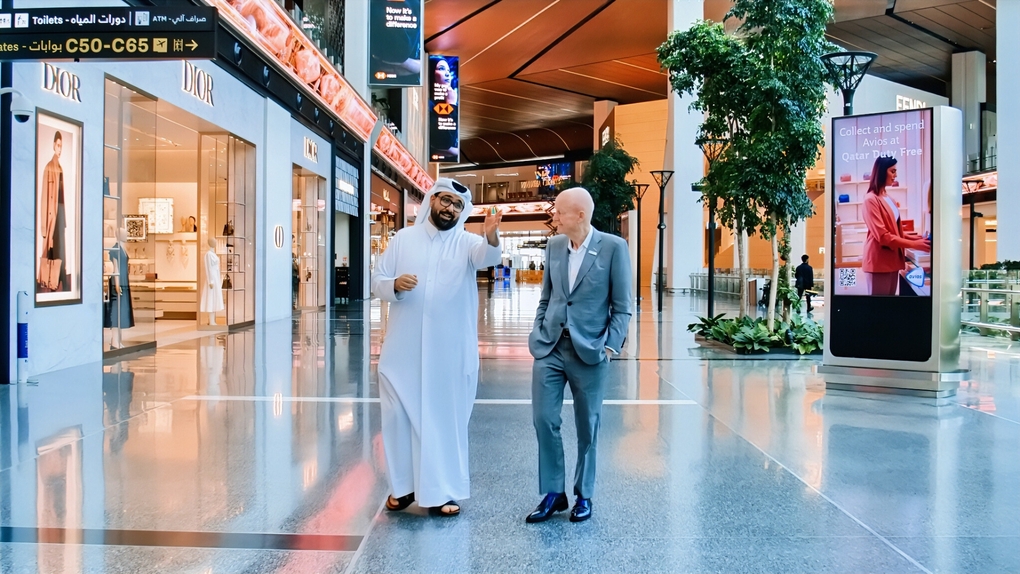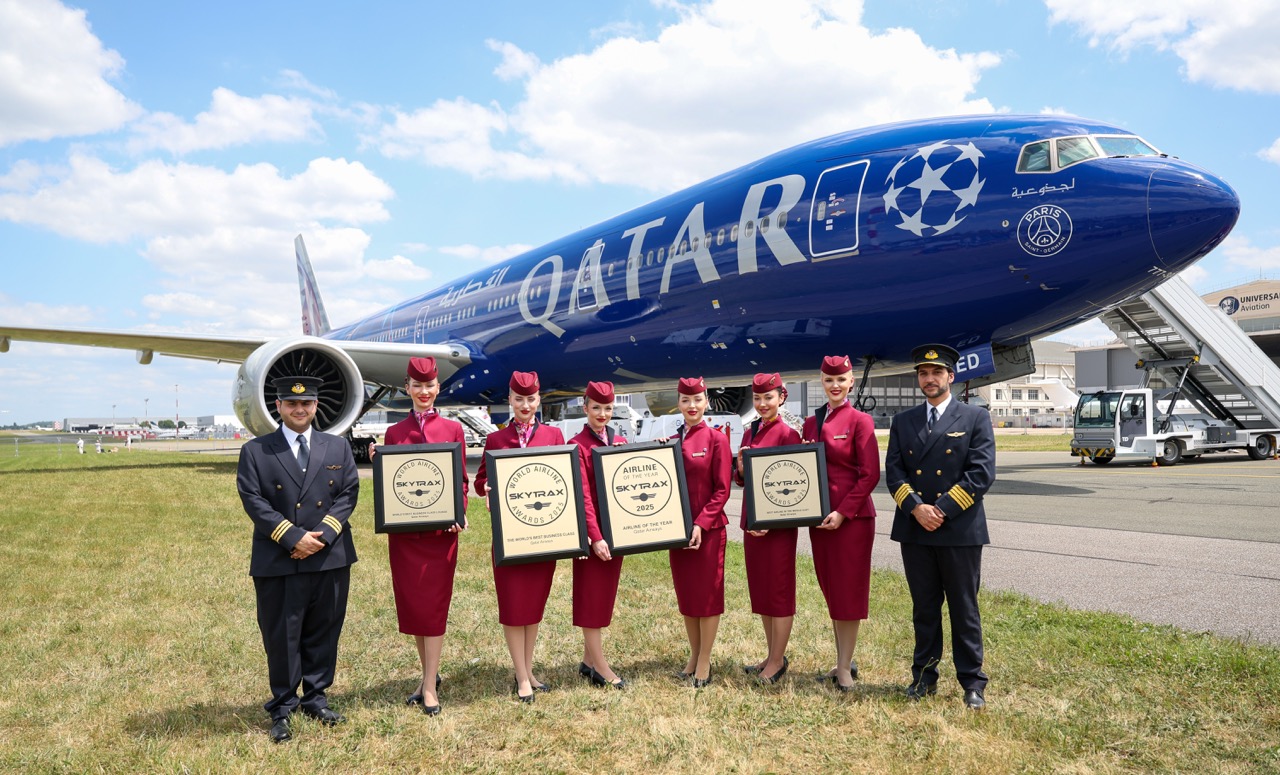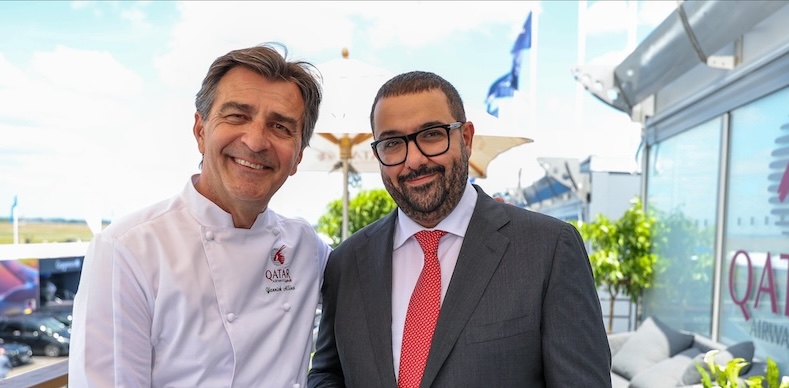UK. An International Air Travel Survey, carried out by UK-based European Data & Research (EDR) in June 2003, shows that the main reason for a reduction in international air travel in the past year has been the economic downturn, rather than any of the effects of September 11, the war in Iraq or SARS.
The survey examined the travel behaviour of 115 frequent international air travellers who in previous years had made six or more trips annually.
According to the survey, almost 50% of frequent international travellers made the same number of air trips as the year before and 18% made more trips, whilst a third made fewer trips. The proportion of travellers making fewer trips was highest in Europe, excluding the UK, at 46%.
The main reasons for the reduction in the frequency of travel were of a general business and economic nature, with the highest importance being placed on lack of need to travel as much as before, followed by restrictions on company travel budgets. The effect of SARS ranked third mainly due to the very high importance placed on it by residents of South East Asia. The effect of the war in Iraq had a relatively low importance overall, whilst the effect of September 11 was of the least importance.
Those respondents whose frequency of travel had increased placed very high importance firstly on the greater need for travel and secondly on the reduced fares and travel deals.
When specifically asked to evaluate the extent to which their travel was affected by September 11, the war in Iraq and SARS, only minor proportions of all respondents (6% for each) gave a lot of weight to September 11 or the war in Iraq. However, SARS had affected travel decisions in 30% of the cases. All of these events had greater impact for residents of their respective regions.
The survey revealed that low cost airlines had a significant impact on the travel behaviour of frequent travellers, with 37% of them using a low cost airline in the 12 months up to May 2003. The use of low cost airlines was higher in Europe at 49% for UK residents and 46% for other Europeans.
Low cost airlines were also used more by the most frequent travellers. The average number of trips made on low cost airlines amounted to six per respondent. About four of those trips were made on business, while only two were for pleasure.
The most widely used low cost airlines proved to be Ryanair, with 61% of passengers using low cost travel resorting to its services. It was followed by easyJet/Go with 47%.
Service on board was perceived as the main disadvantage of the low cost sector but it was rated as “a little worse” than on regular airlines.
When questioned about their general attitude to international travel, frequent flyers said that- understandably- enjoyment declines with the increase in the length of the flight.
International air travel was perceived to offer a reasonably high degree of attention to passengers’ needs onboard. It was also perceived as a source of excitement on arrival in new places. A feeling of luxury, although present, was not seen to be offered by international air travel to any high degree.
When asked about their future travel plans, 60% of respondents said that they would make about the same number of trips in the next 12 months as compared to the previous year, whilst a further 22% planned to make more trips. Thus, about 18% planned to travel less frequently or did not yet have any plans.
This figure of 18%, compared to the 33% of passengers who made fewer trips in the year prior to May 2003, indicates that under the present circumstances the international travel industry can expect an improved performance in the very near future.
Note: The travellers surveyed in this research included 30% UK residents, 36% other Europeans, 17% residents of South East Asia, 10% residents of other Asia and 7% of residents of other parts of the world.
88% of respondents were male and their average age was 44 years. The occupational profile consisted of 34% senior managers, 32% other managers, 29% professionals and 5% other occupations. Respondents worked for organisations of various sizes. The sample was extracted from the panel of IATS recruits who have agreed to participate in further travel research.
For more information on EDR reports contact EDR managing director Diana Mitkov at dmitkov@edr.uk.com.




